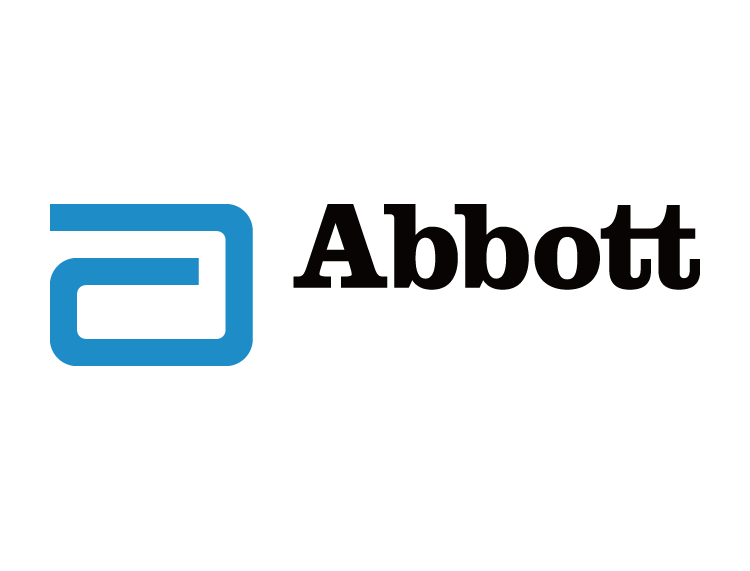



Original from: Genomeweb
Statistics resources: Abbott
July 22, Abbott said that its Diagnostics business revenues grew 63 percent year over year in the second quarter, while its total revenues were up 39 percent.

For the three months ended June 30, the Abbott Park, Illinois-based firm reported overall Q2 revenues of $10.22 billion, up from $7.33 billion in Q2 2020, and up 35 percent on an organic basis. The company beat the consensus Wall Street estimate of $9.69 billion.
Abbott reported Diagnostics sales of $3.25 billion compared to $1.99 billion in the prior-year quarter. On an organic basis, Abbott's worldwide diagnostics sales increased 57 percent.

Within Diagnostics, Core Laboratory Q2 revenues increased 33 percent to $1.31 billion from $987 million in Q2 2020; Molecular revenues decreased 19 percent to $290 million from $359 million in Q2 2020; and Point of Care revenues increased 16 percent to $137 million from $118 million in the prior-year quarter. The firm reported $1.51 billion in Rapid Diagnostics sales, a more than twofold increase from Q2 2020 sales of $530 million.
Global COVID-19 testing sales were $1.3 billion in the second quarter, led by combined sales of $1.0 billion from Abbott's BinaxNow, Panbio, and ID Now rapid testing platforms, the firm said. Excluding COVID-19 testing-related sales, worldwide diagnostics sales increased more than 42 percent on a reported basis in the second quarter and 37 percent on an organic basis.
"Strong sales growth in our underlying diagnostic business is being driven by routine diagnostic testing, as healthcare systems continue to recover from the pandemic, as well as the continued rollout of our Alinity platforms," Abbott President and CEO Robert Ford said on a conference call to discuss the firm's financial results.
Excluding COVID-testing related sales, Abbott's Q2 sales in Core Laboratory and Molecular Diagnostics grew mid-single digits compared to pre-pandemic levels in Q2 2019, he said.
The firm continues to see lower COVID-19 testing volumes in the US, where demand is less for both RT-PCR testing and rapid testing, Ford said, adding, "We did a little bit better than [our forecast for COVID-19 testing in] the second quarter, and that was largely driven by international markets," and has probably been led by testing demand related to the delta variant.
The main question is whether testing demand will increase given surges in COVID-19 cases, Ford said, adding that he expects such increases may occur outside the US in the second half of 2021.
In Abbott's other businesses, Nutrition sales grew 12 percent to $2.11 billion; Established Pharmaceuticals grew 16 percent to $1.18 billion; and Medical Devices grew 51 percent to $3.67 billion.
Abbott reported net earnings of $1.19 billion, or $.66 per share, in Q2 2021 compared to $537 million, or $.30 per share, in the year-ago period. On an adjusted basis, EPS was $1.17, topping analysts' consensus estimate of $1.02.
The firm spent $654 million on R&D in Q2, a 16 percent increase from $564 million in the prior-year quarter, and recorded $2.73 billion in SG&A expenses, up 20 percent from $2.28 billion in the Q2 2020.
For full-year 2021, Abbott anticipates diluted earnings per share of $2.75 to $2.95. Excluding specified items, it anticipates adjusted diluted earnings per share between $4.30 and $4.50.
Abbott lowered its full-year 2021 financial guidance in June as a result of a decline in COVID-19 testing.
Robert Funck, the firm's CFO, said on the conference call that Abbott is forecasting between $4 billion and $4.5 billion in COVID-testing related sales for the full-year 2021.
Overall, for Q3, the company is forecasting adjusted EPS "of at least 90 cents, which reflects continued strong growth and momentum in our core underlying business, and a sequential stepdown in COVID testing-related sales compared to the second quarter," Funck said.